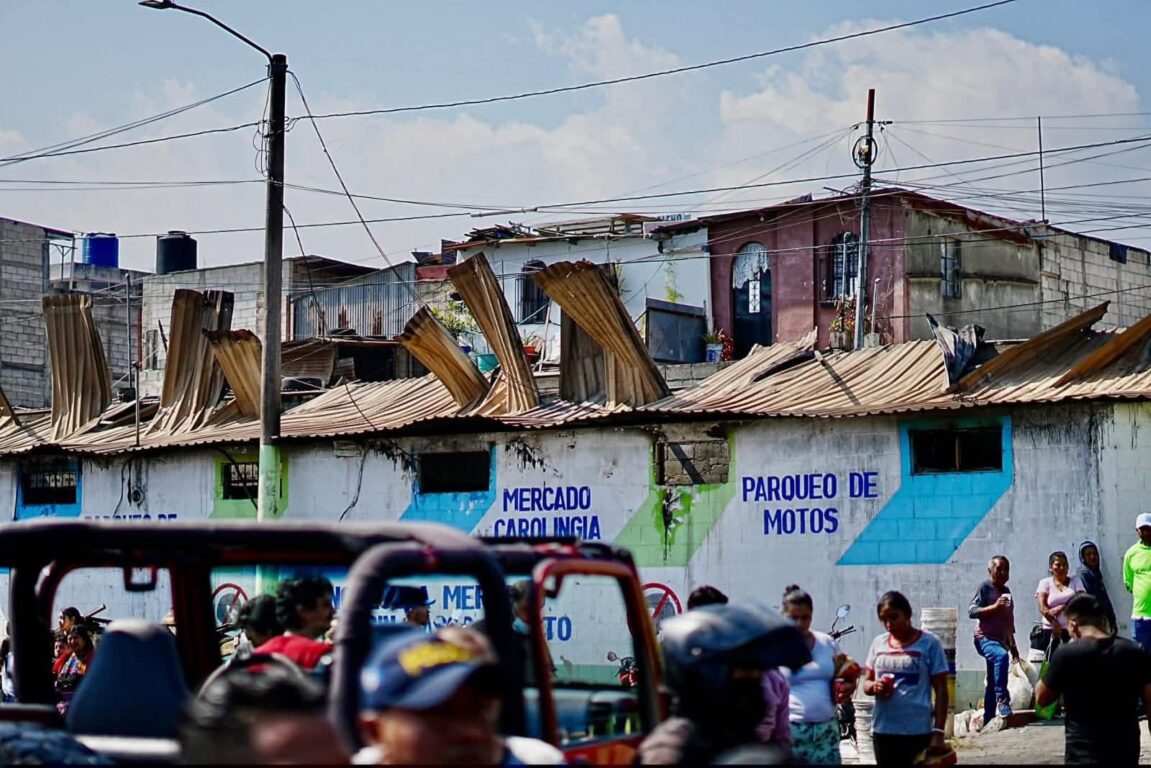StreetNet International welcomed their affiliate SEWA as they touched ground in Durban this week. SEWA, an organisation based in India has been selected by the Government of India for the implementation of a project called “Strengthening African People’s Organisations and NGOs” where five countries are selected in Africa. South Africa is one of the countries nominated.
The consultative workshop was organised with the assistance of StreetNet International. The objective was to understand and get to know each other’s work, expectations and the way forward to strengthen their relationships. Different cooperatives, unions, NGOs and member-based organisations had participated.
India’s association with South Africa is historical and Mahatma Gandhi’s experiments with truth, non-violence and self-reliance were developed on the African continent. SEWA being a member-based organisation and a follower of Gandhi’s philosophy, implementing its integrated approach for self-reliance of poor woman and their families in India for the last 40 years.
Based on SEWA’s interactions with their African colleagues, they felt that their integrated approach could be relevant and helpful to people, especially women workers, in some African countries.
SEWA are hoped to strengthen people’s organisations and NGOs through the following activities which were discussed:
- Microfinance—promotion of self-help groups to provide integrated financial services (savings, credit, insurance and pension), their capacity building and extension of financial literacy.
- Microenterprise and Livelihood Promotion—examining what is feasible, markets etc. and then helping organisations set up their own viable microenterprises.
- Micro insurance—developing plans for extending micro insurance to local communities, especially women, and then capacity building to help local organisations implement this.
- Health and Child Care—developing appropriate systems (tailored to local conditions and needs) to reach local communities, especially women and children, with basic primary health care, including health education and life-saving information.
- Capacity-building for leadership, management of their own activities and running their own organisations.
As this is the first time that VimoSEWA and its sister organisations are undertaking a project of this kind, it is felt that a proper understanding of the needs of poor people, especially women, in each country is critical.
SEWA’s future plans are to collaborate with local organisations in each country to assess the needs and priorities of people, what exists and what inputs are required. Over the years, we have seen that it is this integrated and comprehensive approach that helps women and their families become self-reliant.
For more information, please contact:
Sharon Pillay
StreetNet Media and Publicity Officer
072 2577 317
sharonpillay4@yahoo.com
NB
1. StreetNet International is a worker organisation that broadens, networks and represents their members through national and international structures. It is recognised as the voice of informal workers and is respected for its policies, programmes and campaigns.
2. The Self-Employed Women’s Association (SEWA) is a union of almost 1.8 million women workers of the informal economy. Founded in 1972 by Ela Bhatt, a labour lawyer and organiser, it has grown from a few thousand women in Ahmedabad, Gujarat, into a national and international movement of self-employed women workers. SEWA was started because it became clear that the mass of workers, and especially women, had no fixed employer-employee relationship, if at all. They survived through their own labour and barely had any statutory protection.
The main characteristics of informal sector workers are that they do not have basic work security nor income security. Their’s is a life-long quest for work. Their irregular income often results in their not having enough food for themselves and their families. Further, as mentioned earlier, minimum social security like health care, childcare, insurance and pension are not available to them.
Give this reality, SEWA defined its goal: To organise women for full employment for themselves and their families in order to enable them to achieve self-reliance. Full employment includes work and income security, food security and social security. The latter includes in our experience, at least health care, child care, insurance, pension and housing with basic infrastructure like water and sanitation.


